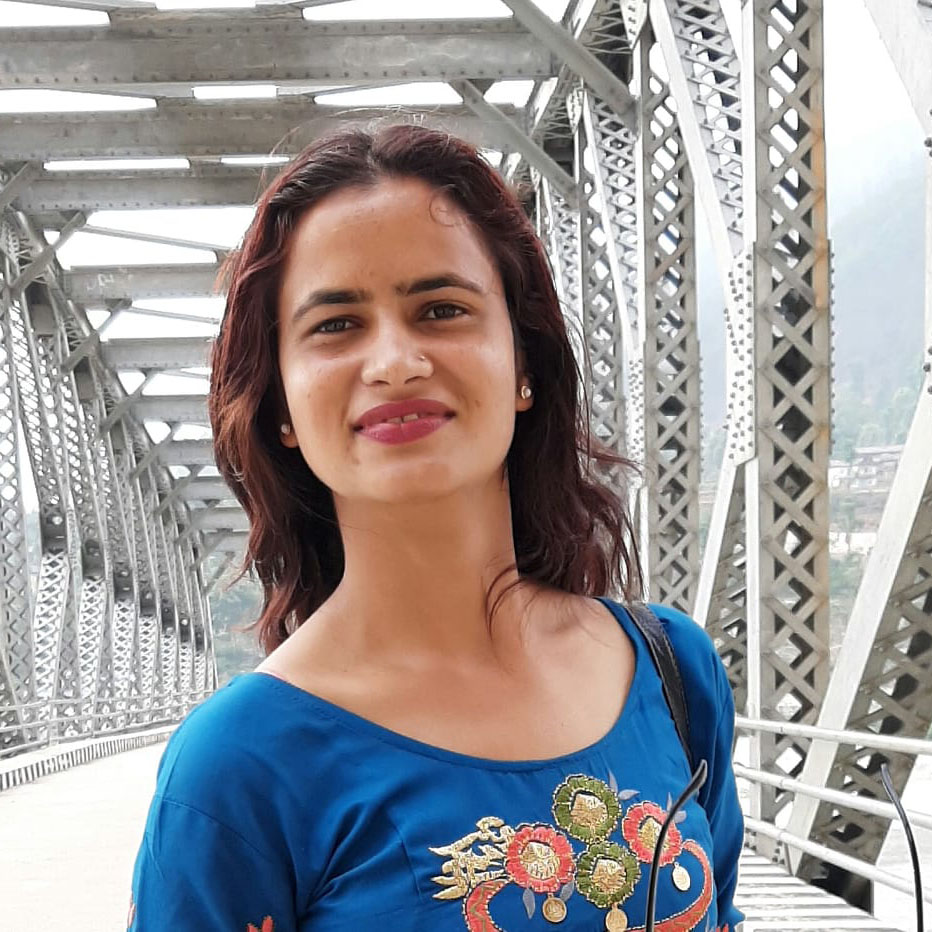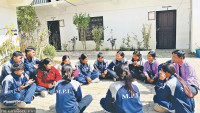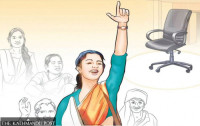National
Reproductive health issues still a taboo subject among women in Achham
Naumati (name changed), a 32-year-old woman of Dhakari Rural Municipality-4 in Achham district, is not in the pink of her health.
Menuka Dhungana
Naumati (name changed), a 32-year-old woman of Dhakari Rural Municipality-4 in Achham district, is not in the pink of her health. She suffers from severe pain in her lower abdomen which renders her to seek the comfort of her bed most of the time. She has been living with Uterine Prolapse for the past five years now without the possibility of talking about her problems with her family members, and seeking treatment for the same. Her go-to answer when asked about her deteriorating health is headache. Naumati’s is not an isolated case, most women in rural areas do not divulge information or talk about their reproductive health conditions which can range from something minor as Urinary Tract Infection to severe conditions like Uterine Prolapse.
Naumati feels “embarrassed” to talk about her ailment because of the nature of it and because it’s “personal”. Sexual health, of course, does not make for conversations over tea but the stigma attached to sexual and reproductive health conditions in the rural areas have led to many women suffering in silence. “People at the health post in my village are familiar with all the villagers. I hesitate talking to health post workers because if I do then the whole village will know of my condition,” said Naumati, informing that her body has been weakening because of severe pain. Uterine Prolapse is a condition wherein the pelvic floor muscles and ligaments stretch and weaken to a point where it fails to provide enough support to the uterus. It mostly affects women who have had multiple vaginal deliveries.
In remote areas, women give birth to at least three to four children by the time they reach 20. Health workers note that women in rural areas suffering from this condition range between the age of 25—30.
Twenty-five-year-old Mankala BK of Mangalsain says that she has been pregnant seven times with three successful deliveries and four miscarriages. She’s also suffering from Uterine Prolapse. “I feel extremely unwell sometimes. I cannot do physically taxing chores these days.” Mankala is among the few women who sought a doctor’s advice on her health condition, she said, “The doctors have advised me undergo a surgery. Maybe I will.”
Namsara Khanal of Mangalsain-8, 63, who gave birth to 11 children, said that she has been suffering from the diseases for the past 28 years. A mother of 11 children, Namsara still fears the taboo attached to diseases related to women’s reproductive health.
In rural communities in Nepal, Uterine Prolapse is not looked on as a medical condition, rather something a woman suffers from when she faces the wrath of god for her misdeeds. Family Planning Supervisor of the Health Office Bhawan Singh Kunwar said that they found five teenage girls suffering from Uterine Prolapse while conducting a medical camp three years ago. “Even young girls hesitate to talk about their problems. They feel ashamed to be talking about it with others,” said Kunwar.
For Naumati, there is only one person she feels comfortable talking about her condition but he’s not by her side. She said, “For the first two years of diagnosis I had my husband to share my pain with, but now he’s gone to India to work. I can’t talk to him about my problems and sufferings anymore.”




 16.4°C Kathmandu
16.4°C Kathmandu














